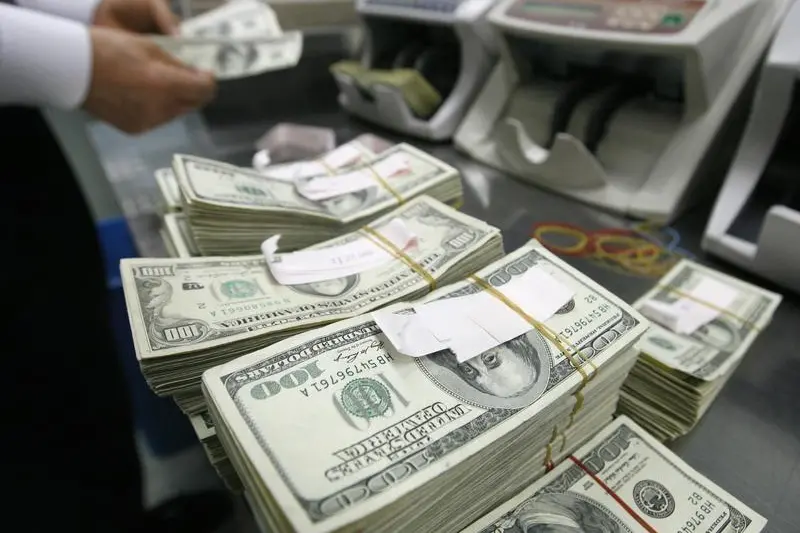PHOTO
Tuesday, Apr 05, 2016
Abu Dhabi: The total value of Arab capital markets reached $984.3 billion (Dh3.61 trillion) by the end of the first quarter of this year, marking a drop of 7.1 per cent ($75.7 billion) from the $1.06 trillion recorded by the end of 2015.
According to the latest data issued by the Arab Monetary Fund (AMF), the drop is a result of various changes in the regional and international economies including lower oil prices, a slowdown in global economic growth, and interest rate announcements from the US Federal Reserve.
However, liquidity improved in the first quarter of 2016 compared to the fourth quarter of 2015 in Arab markets, with the total traded value in the first quarter reaching around $125.7 billion, representing an increase from the $118.4 billion traded in Q4 2015.
Looking at individual markets in the region, Damascus’s bourse recorded the largest jump in the first quarter of 2016, with its index rising 17.3 per cent. It was followed by bourses from Tunisia (up 8.5 per cent), Egypt (up 7.8 per cent), Dubai (up 6.5 per cent), and Morocco (up 5.2 per cent).
Equity indexes in Beirut, Muscat, Abu Dhabi, and Amman did not rise more than three per cent in the quarter, though.
Recording a drop in their equity indexes were bourses in Kuwait, Bahrain, Palestine, and Qatar, the AMF said.
In terms of Initial Public Offerings (IPO), Arab markets continued to see a lack of activity on that front in the first quarter of 2016, with only one company opting to list its shares; Egypt’s Domty, with a value of $14.4 million.
In comparison, there were three IPOs on average every quarter in 2015, and six IPOs per quarter in 2014. The slowdown in the IPO market is supported by relatively weak performance and weak investor appetite.
Listings were also quiet in the bond markets in the Arab world even as multiple banks resorted to these markets for capital. The bond market saw six listings, with a total value of $2.1 billion — $1.67 billion of which was accounted for by banks and financial institutions. The figure is lower than the $3.7 billion in bond listings seen on a quarterly average in 2015.
Similarly, the sukuk market did not see much issuance, with the total value of sukuk issued reaching $767 million in Q1 2016 — down from a quarterly average of $2.65 billion in 2015.
As for the rest of 2016, the AMF said it expects that the relative improvement in oil prices, structural reforms announced by Arab countries, and dividend announcements will help improve market performance. It also pointed that attractive valuations should help improve investor appetite.
Staff Report
Gulf News 2016. All rights reserved.





















